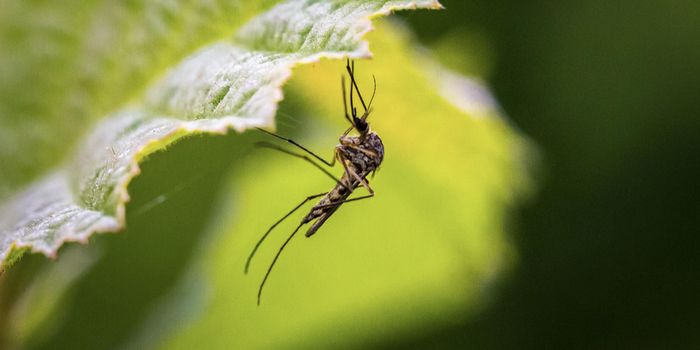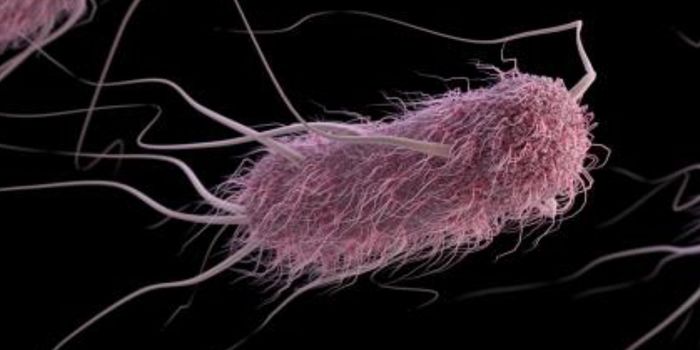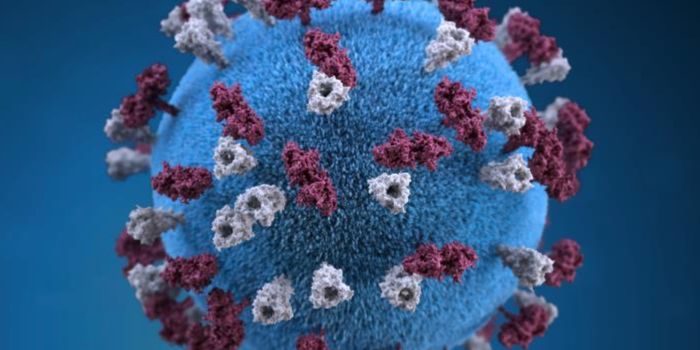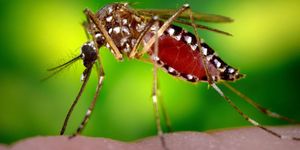Campylobacter Infections Can Spread Through Sexual Contact
Foodborne illness can be prevented by cooking meat to a proper temperature and avoiding cross-contamination. But when the bacteria in meat isn't killed by heat or contamination from uncooked meat reaches food like raw vegetables that don't get cooked, food poisoning can occur. It's commonly caused by a bacterium called Campylobacter. Now researchers have discovered that this bacterial infection can also spread through sexual contact. This is the first time this mode of transmission has been confirmed for Campylobacter. The findings have been reported in Emerging Infectious Diseases.
"This research is important for public health messaging and for physicians, as they talk to their patients about risks associated with sexual contact," said study leader Katrin Kuhn, Ph.D., an assistant professor in the Department of Biostatistics and Epidemiology in the OU (University of Oklahoma) Hudson College of Public Health. "Although Campylobacter infection is usually not a serious disease, it causes diarrhea, which can result in people missing work, losing productivity, or perhaps losing their job. It poses an additional risk for people with underlying health conditions."
Campylobacter infections usually come from chicken that hasn't been properly cooked or when another uncooked food comes into contact with contaminated chicken and is then eaten. Unpasteurized milk and water that's been contaminated with animal feces can also carry these pathogenic bacteria. But not all Campylobacter cases could be explained by these modes of transmission, and Kuhn wanted to know where these unexplained cases came from.
When research focused on a group of people in Denmark, the researchers found that, compared to control, infection rates were much higher among men that had sex with men. Kuhn noted that while these results focused on homosexuals, they would presumably hold true for any people that engaged in sexual contact involving a fecal/anal to oral route.
The researchers were able to use two bacterial species as comparison groups for this research; Samonella mostly causes foodborne infections and typically requires a high dose for infections, while Shigella can spread through food as well as sexual contact and can easily cause illness with only a small amount of bacteria.
"That's an additional reason why we believe Campylobacter can be transmitted through sexual contact like Shigella is: because people can become infected when only small amounts of the bacteria are present," Kuhn noted.
Kuhn suggested that Campylobacter infection rates are likely underestimated; for every one person that has to see a doctor for their infection and gets a diagnosis, about twenty people have an infection that never requires a visit to the clinic. Most people can fight off these infections without too much trouble, but for the immunocompromised, they can be problematic. They can also cause a type of reactive arthritis and Guillain-Barré Syndrome.
Sources: AAAS/Eurekalert! via University of Oklahoma, Emerging Infectious Diseases









